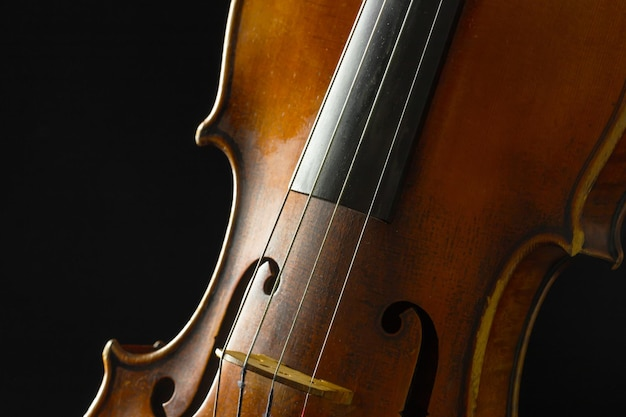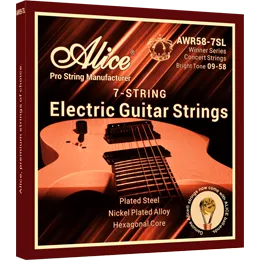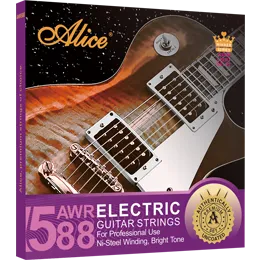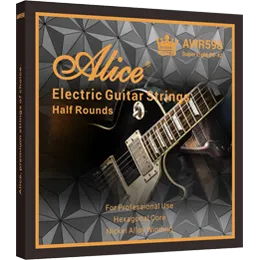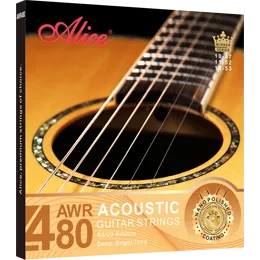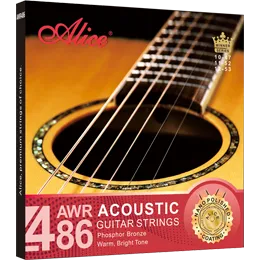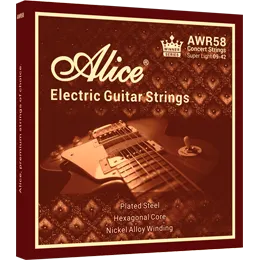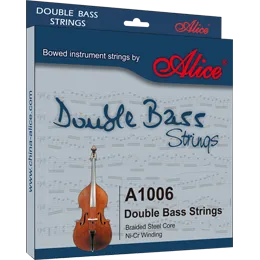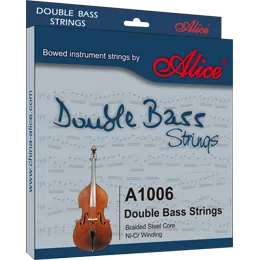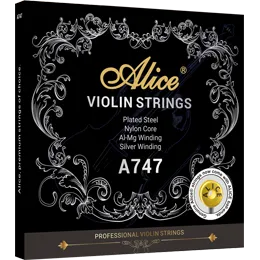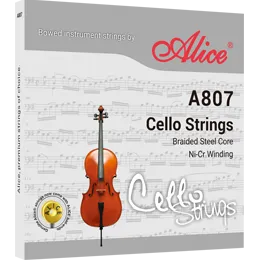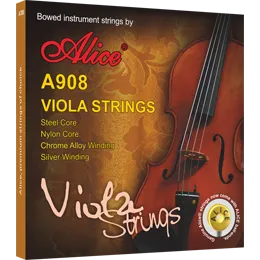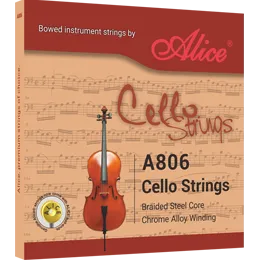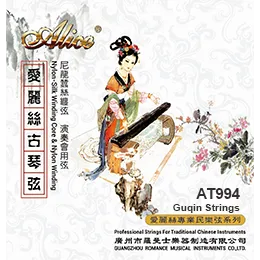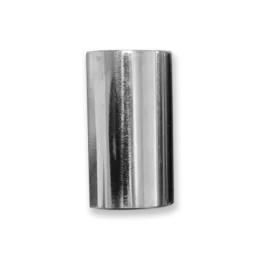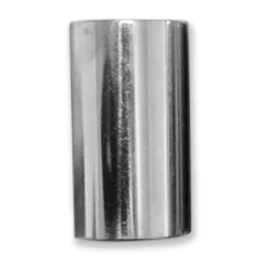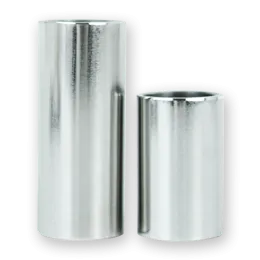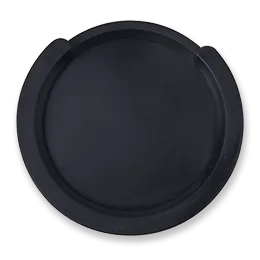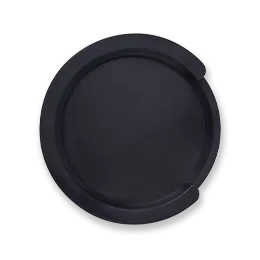5 Things about Guitalele Strings You Should Know
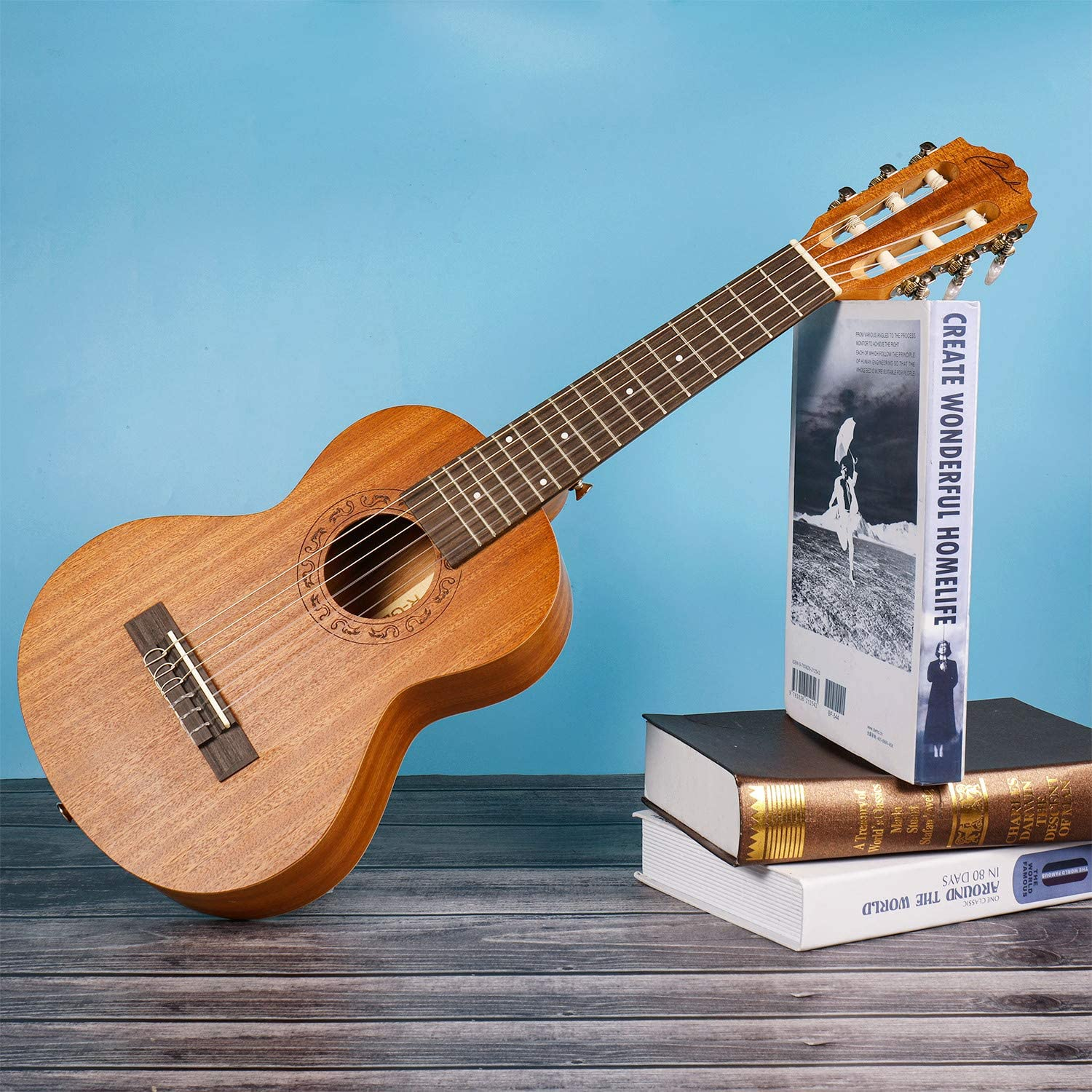
The guitalele has become an increasingly popular instrument over the past few years. Its small size and portability make it the perfect travel companion. But many guitalele players need clarification about guitalele strings used and how to choose the right strings for their instrument. This blog article will discuss five key things about guitalele strings that every guitalele player should know.
The Guitalele: A Welcomed Companion for Travelers
A guitalele (or guilele) is a hybrid instrument that is similar to a guitar but with a shorter neck and a smaller body size. It is light and portable, making it the perfect travel companion. But the smaller size of the guitalele means it has different strings, and that is why guitalele players need to know the basics of guitalele strings.
The guitalele is an excellent choice for those looking for a travel instrument. Its smaller size makes it easy to carry around, and its unique sound makes it an ideal choice for those exploring different musical styles. Many guitalele players use the instrument to accompany their vocals or other instruments. Regardless of how it is used, guitalele players need to understand the guitalele strings used on their instrument.
What is a Guitalele, and what are the Strings on a Guitalele?
A guitalele is much like a ukulele. It is usually tuned to the same pitch as a guitar, but the guitalele is generally tuned to a higher pitch. The higher-pitched guitalele tuning is why the guitalele strings are usually lighter than those used on a guitar. The strings on a guitalele are typically made of nylon, which gives the instrument its unique sound.
Nylon strings have a warm and mellow sound that is perfect for accompanying vocals. They also have a softer, more delicate tone that makes them ideal for fingerpicking. Nylon strings are also easier to play than steel strings, which is why they are an excellent choice for those just starting with the guitalele.

How to String a Guitalele - Step by Step
Stringing a guitalele is a relatively simple process. The most crucial step is ensuring the strings are in the correct order, as this will ensure the instrument is tuned correctly. Follow the below steps that will take you through the process of stringing a guitalele.
1. Start by loosening the tuning pegs. You can do this by turning each peg counterclockwise until it is loose.
2. Once the pegs are loose, you can begin to string the instrument. Start with the thinnest string (usually the high E string), and then work your way up to the thickest string (usually the low E string).
3. Feed the string through the bridge and into the tuning peg. Once the string is in the correct position, you can tighten the tuning peg.
4. Make sure to tighten the tuning peg until the string is in tune. You can use a tuner to make sure the string is in tune.
5. Finally, you can start to tune the other strings. Repeat the same steps for each string until the guitalele is in tune.
Can Steel Strings or Classical Strings be Used on a Guitalele?
Steel strings and classical strings can be used on a guitalele. Steel strings will give the guitalele a brighter and louder sound, while classical strings will give the guitalele a softer and mellower sound. However, it is essential to note that steel strings and classical strings are heavier than nylon strings and can be harder to play.
Steel strings are an excellent choice for those looking for a brighter sound. However, classical strings are a better option if you are looking for a softer sound. It is important to note that steel and classical strings require more effort to play, so it is best to practice before using them on your guitalele.

How to Choose Strings for a Guitalele
When choosing strings for a guitalele, there are a few things to consider. First, look for wound and coated strings for a smooth and comfortable playing experience. Second, make sure the strings are affordable and of good quality. Third, look for strings from a reliable brand.
Wound strings are wrapped in a thin metal wire that helps produce a brighter, louder sound. Coated strings are wrapped in a thin layer of plastic that helps reduce the amount of finger noise.
When it comes to price, the best strings are usually the most expensive. However, some affordable strings are of good quality and can provide a great playing experience.
Finally, make sure to buy strings from a reliable brand. There are many strings on the market, but some brands are known for their quality and are worth the investment.
Recommend Alice ACU134 Guitalele String Set
The Alice ACU134 Guitalele String Set is an excellent choice for reliable and affordable strings for their guitalele. These strings are wound and coated for a smooth and comfortable playing experience. They are also affordably priced and are of good quality.
The Alice ACU134 Guitalele String Set is also from a reliable brand. Alice has been producing quality strings for many years, which are known for durability and reliability.
If you are searching for both a reliable and affordable set of strings for your guitalele, the Alice ACU134 Guitalele String Set is a great choice.
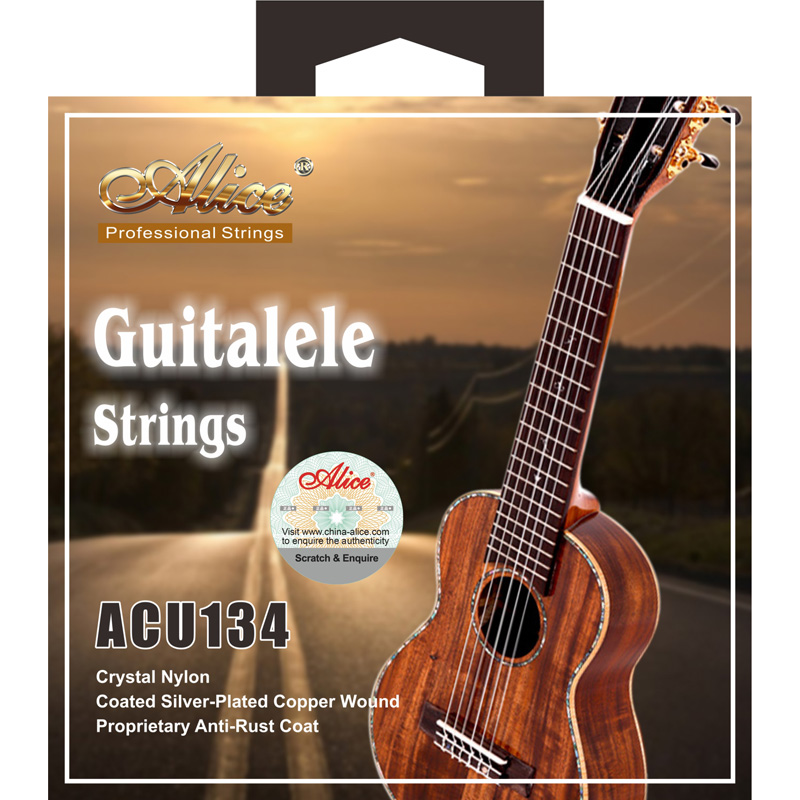
Conclusion
Guitalele strings are an essential part of the instrument and can significantly affect the sound and playability of the instrument. It is necessary for guitalele players must understand the basics of guitalele strings and know how to choose the right strings for their instrument.
Alice engineers are always looking to create the next musical innovation. Alice is known for designing the guitalele strings available and uses decades of experience in engineering strings. Alice uses manufacturers that deliver the highest quality strings available. Musicians around the globe use Alice strings and accessories that are often mentioned in major publications.
Relate News

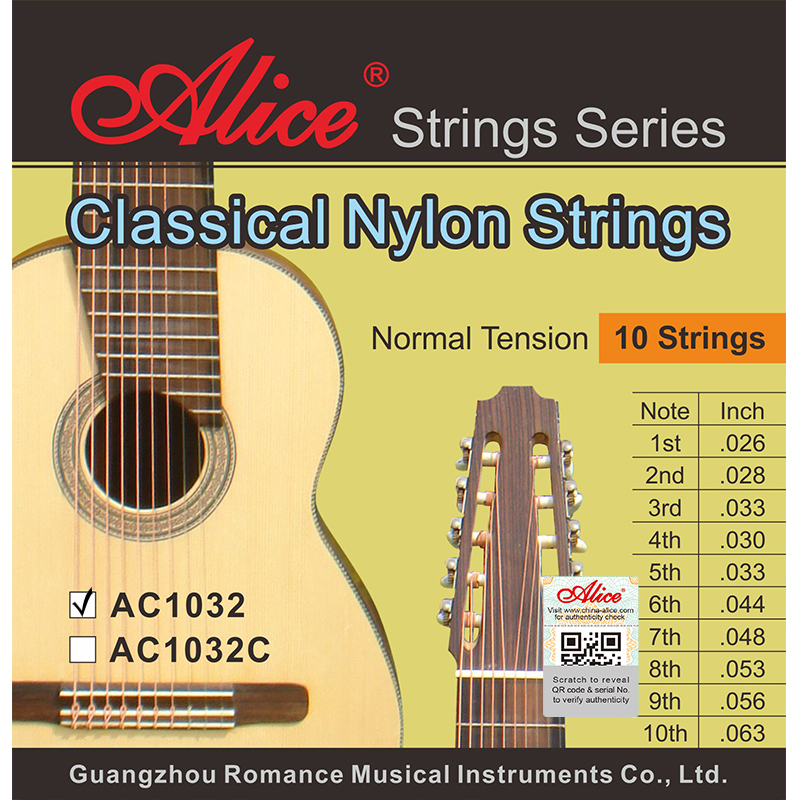
Nylon Strings for Classical Guitars: Everything You Need to Know
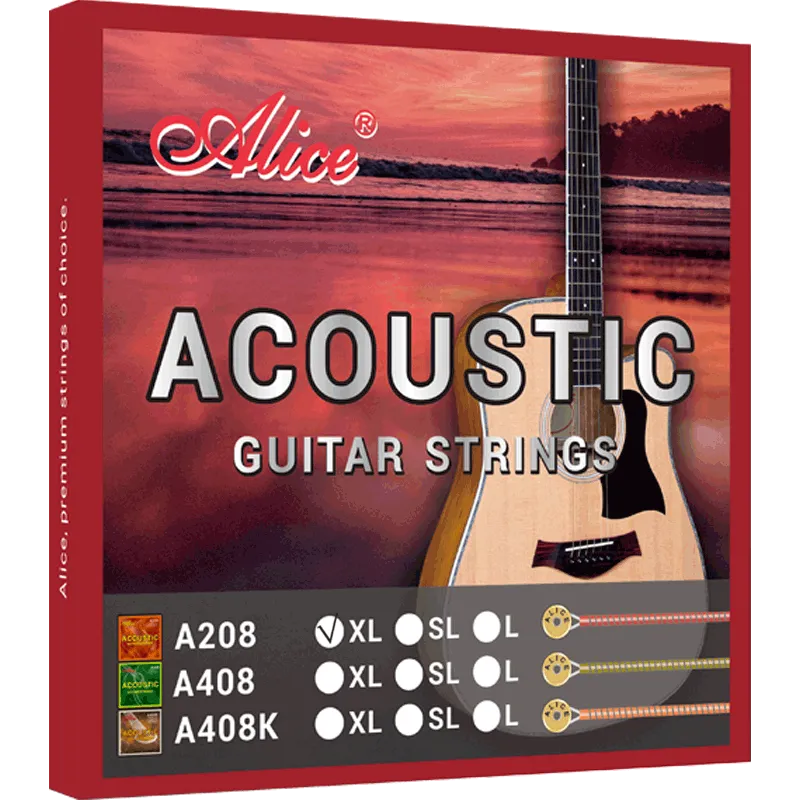
5 Key Indicators to Identify High-Quality Acoustic Guitar Strings
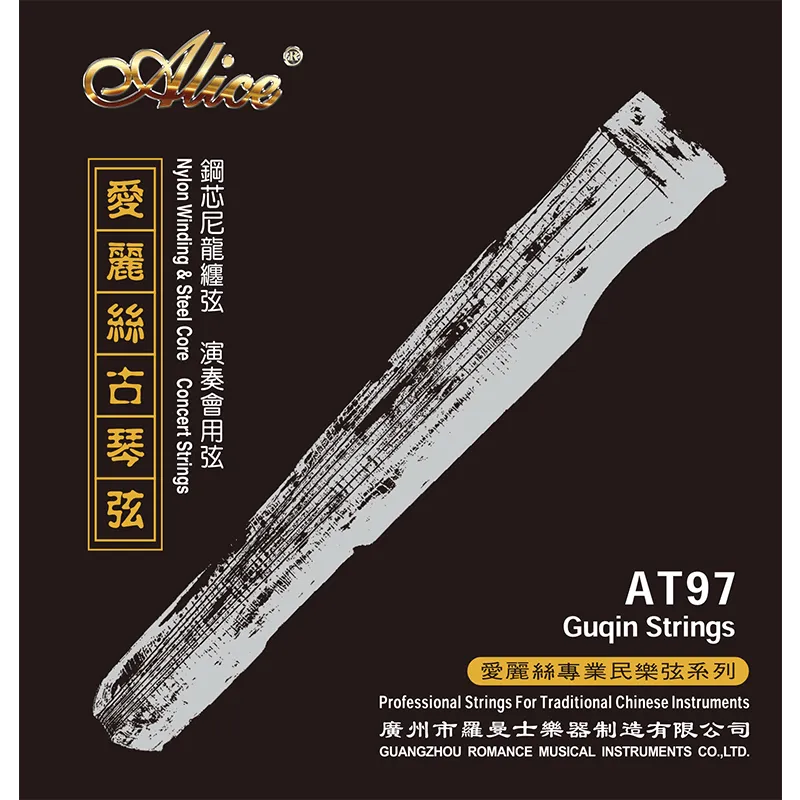
What Are Guqin Strings Made Of?
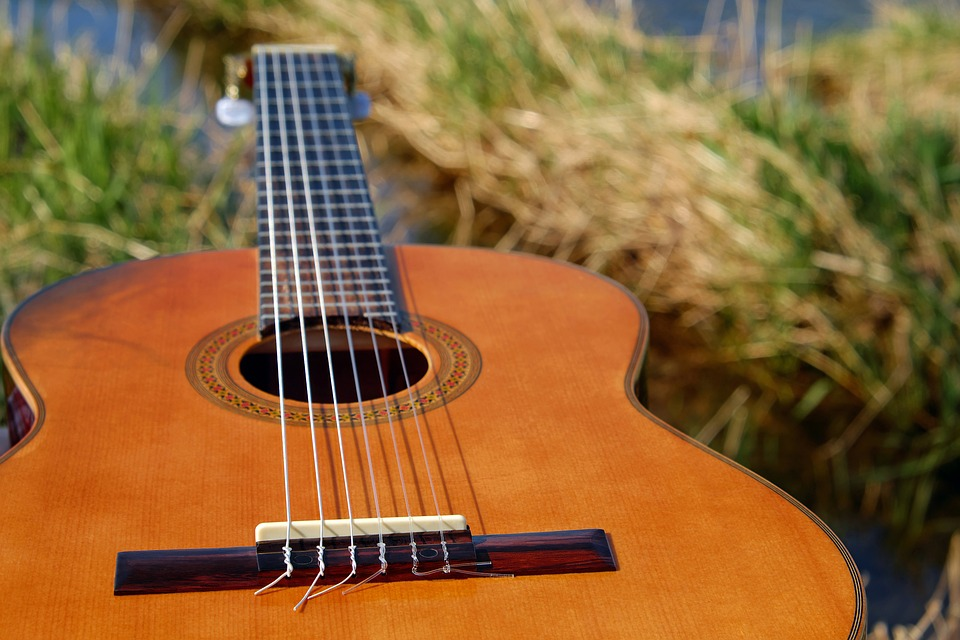
Silk Strings, Steel Strings, and Nylon Strings: Which Is Best for Your Traditional Music Performance?
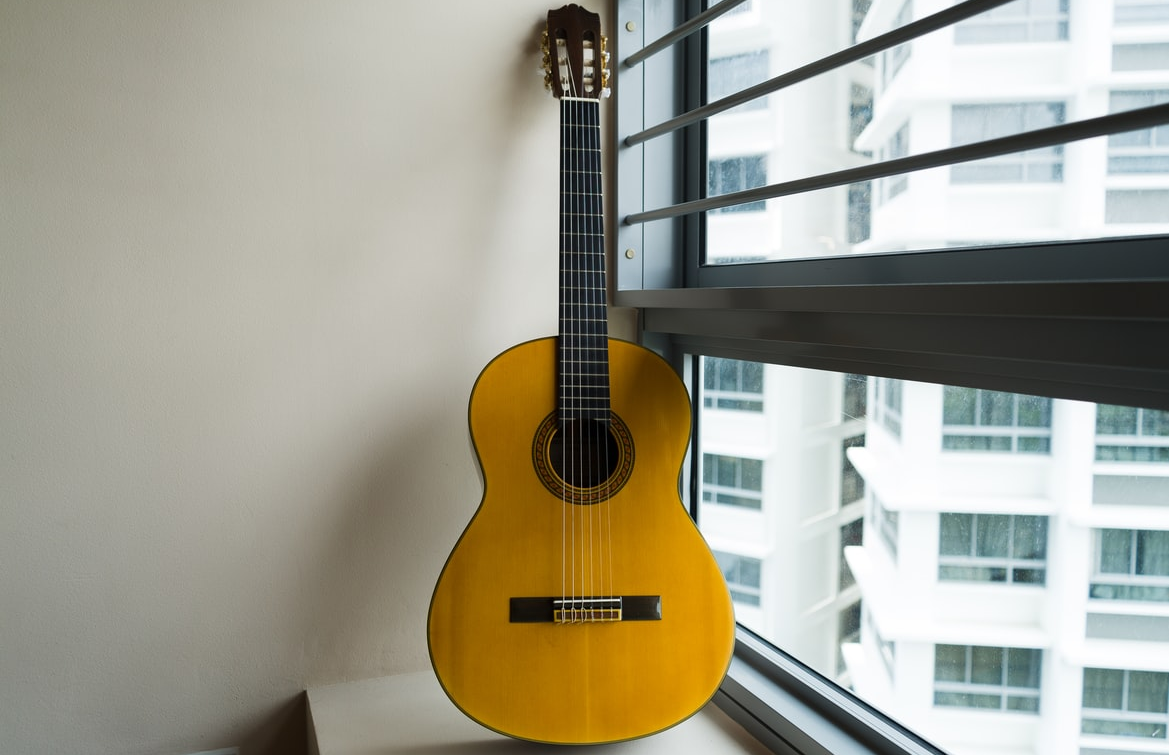
Complete Guide to Guitar String Materials

Orchestral Strings Explained: A Beginner-Friendly Guide to Violin, Viola, Cello, and Double Bass
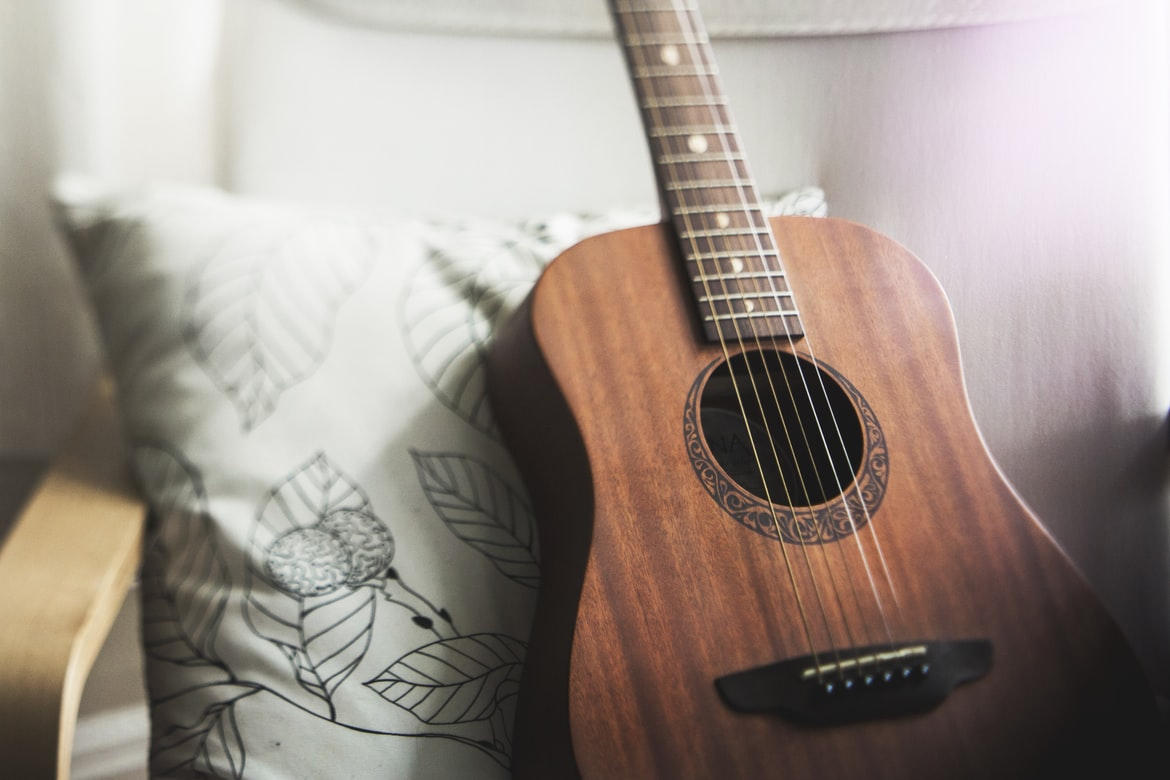
Tone Comparison of Brass Alloy, Phosphor Bronze, and Coated Guitar Strings

How to Choose the Right Guitar Strings for Your Performance: A Scenario-Based Buying Guide

OEM Guitar String Customization: A Detailed Guide to the Process
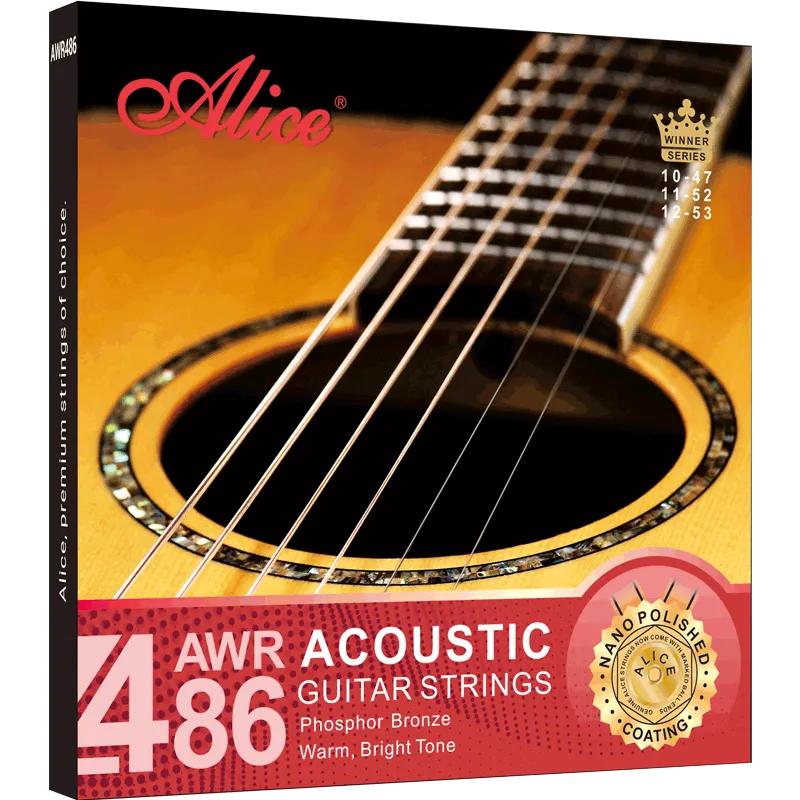
Copper Alloy vs Phosphor Bronze: Which Acoustic Guitar Strings Suit You Best?
